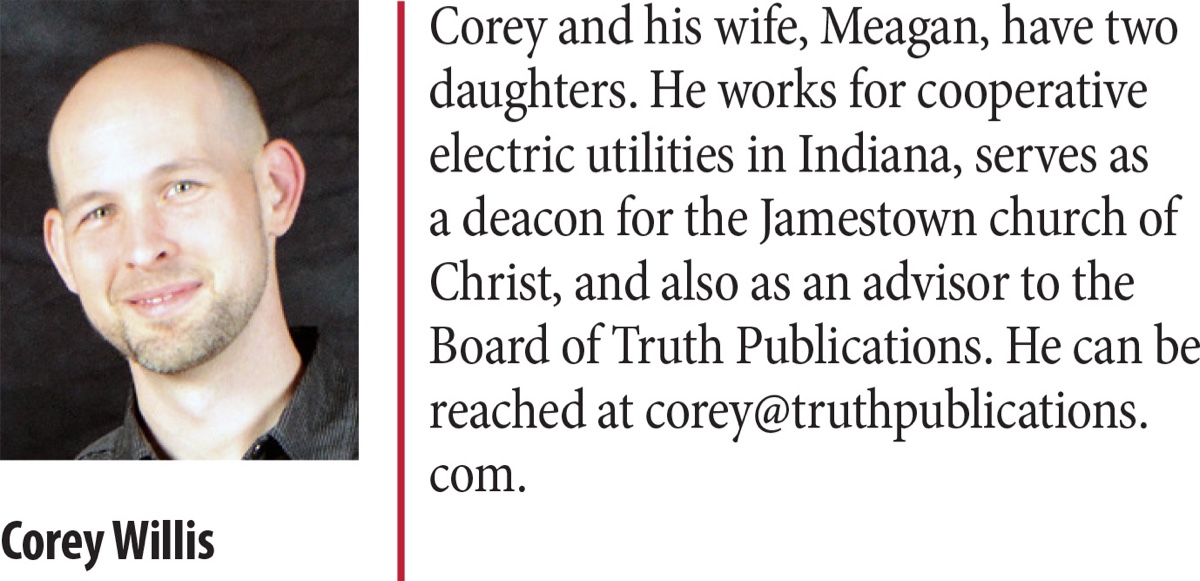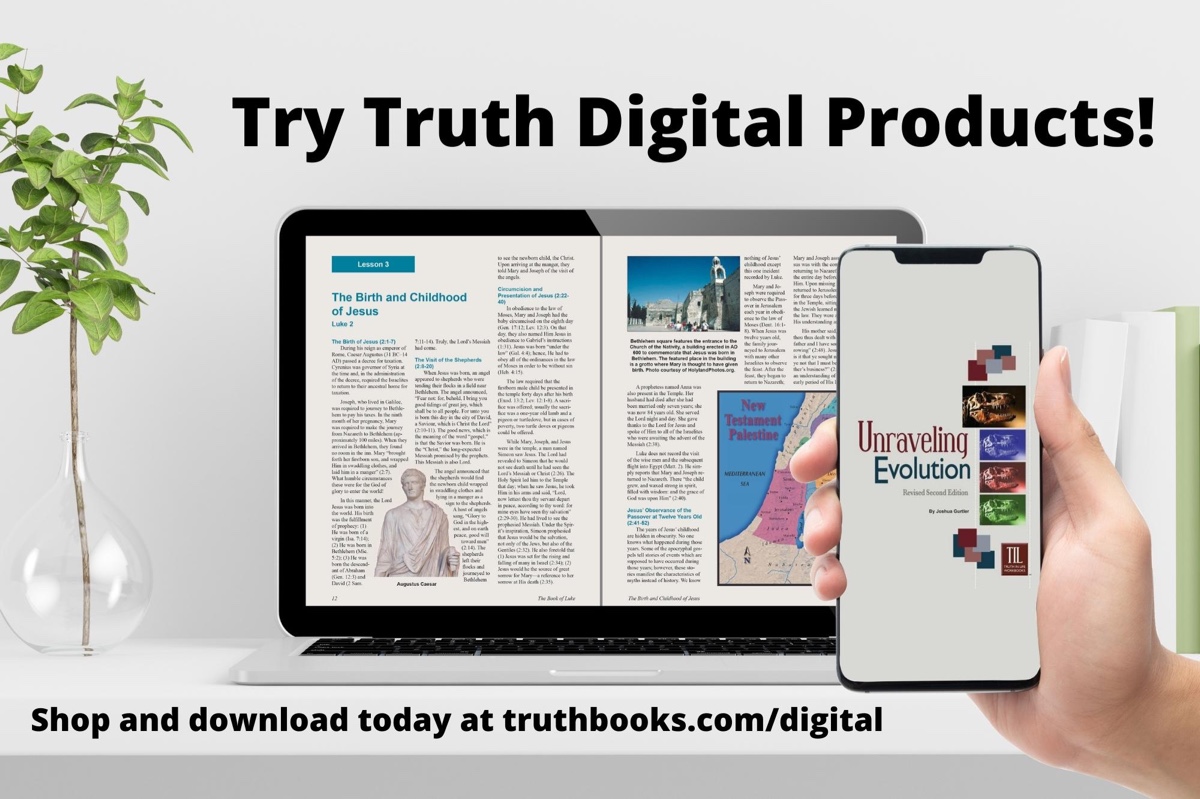By Corey Willis
Synopsis: As we progress into the digital era, faithful gospel preachers will proclaim the same message that shook the world 2,000 years ago, but employ different mediums to aid in the gospel’s spread.
For many, their high school years are when they really connected with music. Despite the passage of time, I can still sing the lyrics to many of the artists and albums I listened to in high school. My oldest daughter (who recently graduated from high school) and I were talking about music the other day. She wondered how long she might remember the lyrics to songs she’s listening to now. I was telling her that when I would buy an album, I would listen to it over and over, especially while was driving. Not only do you know the lyrics to a song, but you can still remember which song would play next from the album. That’s when it happened. That’s when she asked, “What do you mean that you bought the album?”
I am well aware of the subjectivity of age. At forty-five years old, I’m merely a “pup” to some and a “geezer” to others. I remember buying 33 1/3 LPs and 45 vinyl records and tapes. I remember buying an 8-Track from a garage sale, magically skipping between tracks. I remember my first CD player and later my MP3 players. However, for this generation, because of the limitless availability of music on various streaming services, the very concept of buying an album is foreign. Music spans generations, though each medium is short-lived. We can hardly have imagined how it would be delivered to us today, but the human emotion behind the songs has not changed, and the songs themselves can resonate decades in the future.
This narrative is not isolated to music. We’ve seen these changes in the telephone, cameras, and movies. The very idea of a physical printed card catalog or a set of encyclopedias to categorize, index, or house the world’s information is ridiculous to this generation. In your lifetime, you could think of many other products that significantly changed, or that were even made obsolete (See Note #1).
Though the church’s mission remains the same, Christians have adopted tools over time to teach the gospel, build up the church, and support Christians in need.
In our generation, we’ve seen memorized hymns give way to song/hymn books. Many congregations are now projecting their songs overhead. When teaching the gospel, bedsheets, overhead transparencies, and PowerPoint presentations have each been used to help the hearer digest and clearly understand what’s being taught. Our Bible class teachers have used illustrations, felt boards, and maps to help us learn. Churches that once mailed their bulletin to 3,000-4,000 subscribers can accomplish the same end via email or by posting the content online. Paul taught the gospel in the synagogues of each town because that’s where people gathered. Later generations taught in the town square, using newspaper, radio, and television to share the gospel. The church’s mission is continuing through website articles, forums, social media, video conferencing, audio and video recordings, and also podcasts.
In Acts 11, Christians took up a collection to support those in Judea who would be affected by the famine. Barnabas and Saul carried these funds to be distributed by the elders of the churches in that region. Consider the speed at which they could have received this support with the modern conveniences we have. We can instantaneously send money across the world for a minimal fee.
Microsoft founder, Bill Gates, described the future marketplace of the Internet in a 1996 essay entitled, “Content is King” (See Note #2). He recognized that the Internet was merely the medium, but the content was the crucial component. Regardless of the medium used to do the Lord’s work, “Christ is King.” All of it is to be done to His glory and to fulfill His purposes.
Paul boldly taught the gospel regardless of the medium he employed. He warned the church in Corinth that he would be equally bold in his presence, as he had been in his writing.
I do not want to appear to be frightening you with my letters. For they say, “His letters are weighty and strong, but his bodily presence is weak, and his speech of no account.” Let such a person understand that what we say by letter when absent, we do when present (2 Cor. 10:9).
Though much has changed throughout time (and will continue to do so), there are some things that will never change in this life. We face death and pay taxes. We will create and build. We will laugh and love. There will always be wealth and poverty just as Jesus said, “you always have the poor with you, and whenever you want, you can do good for them” (Mark 14:7). Unfortunately, there will still be sin.
For all that is in the world, the lust of the flesh, and the lust of the eyes, and the pride of life, is not of the Father, but is of the world (1 John 2:16).
In every generation, Christians must adopt the tools that help us effectively do the work of the Father. To be clear, I am not suggesting that “the end justifies the means.” What I am saying is that we should use every means possible authorized by God to teach the gospel, edify the church, and support Christians in need.
Paul wrote, “I have become all things to all people, that by all means I might save some” (1 Cor. 9:22b). To every medium through which man can sin, the gospel must be present. As we often sing, “Where sin has gone must go His grace.” Although our medium changes, our message of truth and salvation remains the same.
Note #1: Lisa, Andrew. “Products You Never Thought Would Be Obsolete.” Cheapism, July 15, 2022. https://blog.cheapism.com/obsolete-products-17494/.
Note #2: Evans, Heath. “‘Content Is King’—Essay by Bill Gates (1996).” Medium (blog), January 29, 2017. https://medium.com/@HeathEvans/content-is-king-essay-by-bill-gates-1996-df74552f80d9.


